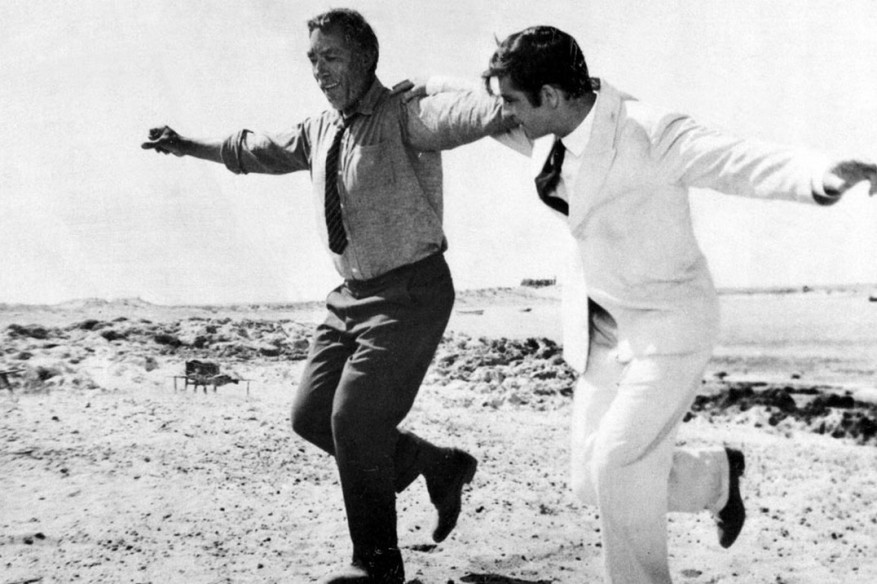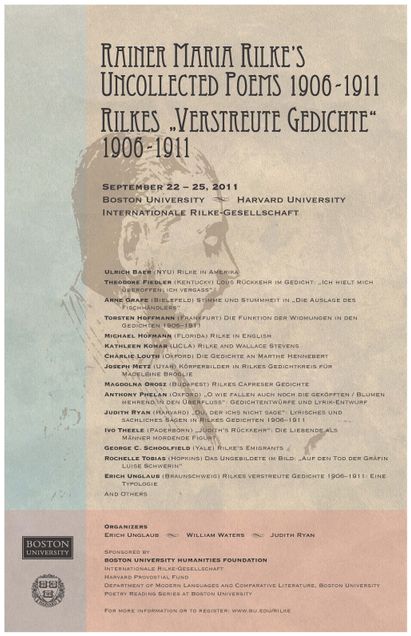How long can I sit with this drink
and roll the glass in my hand as smoke
floats around this study,
where the bookcases are dingy
and dusty as my notebook lies open
where crossed-out stanzas are wildly riddled?
Wondering what exactly to write has left me riddled.
Right now words and their ink are not my kind of drink
and I see my schedule has gone up in smoke
and I would love to drop it and go back to bookish study.
My pipe helps my imagination’s corners become less dingy
as I blow smoky frustrations out in the open.
A chill runs up my arm as I see I left the window open,
and shaking it off I see my shelves riddled
with books I’ve read and how I last shared a drink
with Nikos Kazantzakis and Alexi Zorba, who both smoke
every morning over coffee and tell me I can study
life best in tabernas and alleys which are thoroughly dingy.
To wipe the sweat of dancing off my forehead on a dingy
handkerchief and hold my arms wide open
as the evening wind billows in the folds of my sweat-riddled
shirt is a joy few people have the opportunity to drink
in. There are few who know that the taste of salt and smoke
mingling in meat cooked on the beach is truly worth some study.
The wind blows across my roof and crashes in my study
like waves breaking and scattering the seashells of dingy
papers filled with poems which I ignorantly left out in the open.
Picking them up, I had no idea how my fingerprints had riddled
and blurred the pencil marks nor how my drink
left a ring on the edge of this faintly scribbled poem apparently written in smoke.
So at the end of the day all my study has yielded is this dingy
sestina wrestled from a mind riddled with thoughts telling me to open
the door, step out, and dance in with some poets who like to drink and smoke.
 The 35th Annual meeting of the International Rilke Society takes place in Boston this weekend. I am beside myself, because in terms of poetry (and thus life) Rainer Maria Rilke has truly been a patron saint to me over the past several years. Faced by the breadth of my gratitude and poverty of language, I guess it's best just share one of my favorite poems of Rilke's. Enjoy.
The 35th Annual meeting of the International Rilke Society takes place in Boston this weekend. I am beside myself, because in terms of poetry (and thus life) Rainer Maria Rilke has truly been a patron saint to me over the past several years. Faced by the breadth of my gratitude and poverty of language, I guess it's best just share one of my favorite poems of Rilke's. Enjoy.












